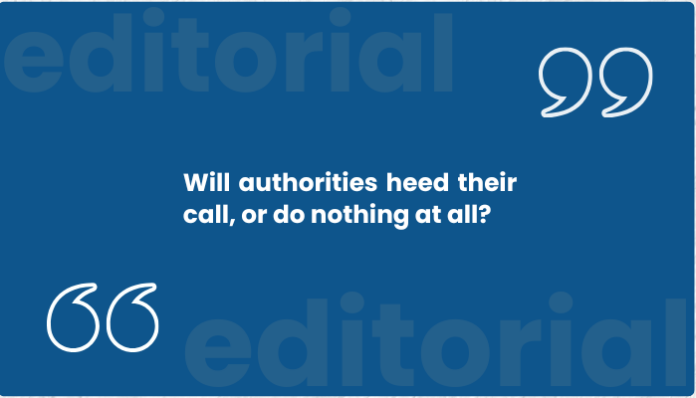In the recent campaign for the midterm elections, certain areas in Mindanao were identified by authorities as “hotspots,” or areas where violent incidents were likely to occur.
But today, the post-election situation in some areas of Mindanao remains tense, particularly for Teduray-Lambangian non-Moro indigenous peoples (NMIPs) in South Upi municipality in Maguindanao del Sur.
Seven NMIP leaders recently signed a petition calling for stronger security measures in their area after one of their candidates won a key position in the local government.
This electoral victory, they said, has been “immediately overshadowed by increased intimidation and threats to the safety of our leaders and communities.”
They are now asking the Philippine National Police, Armed Forces of the Philippines, Office of the Presidential Adviser for Peace, Reconciliation and Unity and the Bangsamoro Autonomous Region in Muslim Mindanao to ensure enhance protection measures for them.
The petitioners pointed out that more than 15 NMIP leaders and community members in South Upi have been receiving death threats almost daily.
Among them are NMIPs who participated in the hearings at the House of Representatives from Dec. 2024 to Feb. 2025, where authorities pledged to create a task force to protect communities in South Upi.
The petitioners said the presence of the task force that was supposed to protect them has not been felt in the community since there are “lawless elements and suspicious individuals coming in and out of the municipality looking for our leaders in their residences.”
They also said some NMIPs have been chased by motorcycles and vans without plate numbers, while others are trapped in their homes and afraid to go out because of death threats.
In light of all this, the petitioners are asking for the deployment of police and military forces in hotspot barangays in South Upi; the reshuffling of security forces on the ground to ensure impartiality; the setting up of checkpoints to prevent entry into South Upi barangays by persons without proper identification; and the imposition of sanctions on security forces found directly responsible to exposing NMIPs to threats and risk of harm.
The NMIP leaders also called on Congress to strengthen their oversight functions to ensure that decisions made in hearings are consistent with national laws on IPs, such as the Indigenous Peoples’ Rights Act, and do not infringe on the safety and security of NMIPs.
“We hope that promises for our protection will be felt by our communities. We appeal to our government institutions to help us feel safe and free from fear in our homes and ancestral domain.”
Will authorities heed their call, or do nothing at all?








